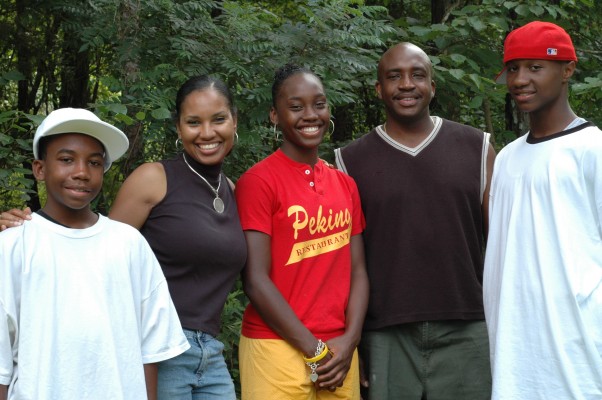Promoting Strong African American Families (ProSAAF)
Principal Investigator: Steven Beach
Funding Agency: National Institute on Aging
Project Period: 2018-2024
This study follows a well-characterized sample of 346 African American couples in mid-to-late adulthood. The sample recently concluded participation in a randomized prevention trial of the Protecting Strong African American Families (ProSAAF) program. The ProSAAF program was designed for African American couples living in the rural South and provided a standardized, in-home program focused on preventing the spillover effect from stress onto individual, couple, and family well-being. Longitudinal efficacy analyses revealed direct effects of ProSAAF participation on supportive couple relationship processes that, in turn, forecast individuals’ self-reported physical and mental health.

Over the past several years, ProSAAF data collection expanded to include a comprehensive battery of health-related biomarkers allowing for the first prospective study of changes in supportive couple relationships and healthy aging among African Americans within a randomized prevention trial. Included in the health-related biomarkers is a blood draw that is used to assess biological indicators of cardiometabolic health and epigenetic aging. Using this data, ProSAAF investigators will be able to calculate the extent to which an individual is biologically older or younger than their chronological age. Importantly, accelerated biological aging is a major contributor to early onset of heart disease, diabetes, arthritis, dementia, and other diseases of old age. With these health-related measures ProSAAF investigators will be in a unique position to examine the extent to which health-related measures are related to stressors faced by African American couples in mid-to-late adulthood, including financial stress, race-related stressors, job stress, and family stress.
We also recently added assessments of the impact of COVID-19 on African American couples to better understand the impact of this pandemic on African American couples in Georgia.
Funding for the ProSAAF intervention was provided by the National Institute of Child Health and Human Development. Funding for the ProSAAF continuation project was provided by the National Institute of Aging.
In a presentation for the Association for Psychological Science, UGA’s Justin A. Lavner discusses his paper written with Olutosin Adesogan, Steven R. H. Beach (University of Georgia, USA), and Allen W. Barton (University of Illinois at Urbana-Champaign, USA) describing how ProSAAF buffers the negative effect of financial strain on protective parenting—and indirectly reduces conduct problems among youth.
Reposted with permission from: Video: Recognizing Black History Month With Psychological Science – Association for Psychological Science – APS
